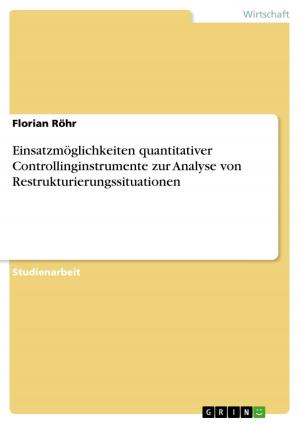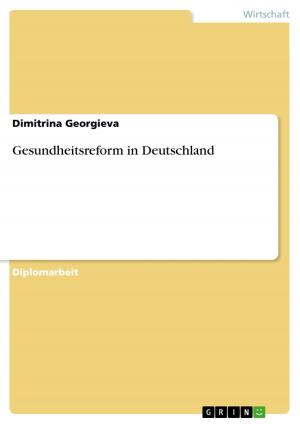If not civilizational paradigm, then what?
Nonfiction, Social & Cultural Studies, Political Science, International, International Relations| Author: | Natalie Züfle | ISBN: | 9783656026303 |
| Publisher: | GRIN Verlag | Publication: | October 11, 2011 |
| Imprint: | GRIN Verlag | Language: | English |
| Author: | Natalie Züfle |
| ISBN: | 9783656026303 |
| Publisher: | GRIN Verlag |
| Publication: | October 11, 2011 |
| Imprint: | GRIN Verlag |
| Language: | English |
Seminar paper from the year 2009 in the subject Politics - International Politics - General and Theories, grade: 1,5, Free University of Berlin (Center for Global Politics), course: IR & Culture, language: English, abstract: As to understanding contemporary international relations, all three of the presented frameworks matter to a certain degree and respectively to certain groups of people. In the end it is to say that 'how each of us sees international relations depends on his or her own theoretical lens' (Mingst 2004, p. 80). It should however be noted that, and as Murden concludes, 'it is difficult to look at the world and not see culture' (2008, p. 420). In particular since the Cold War is over, the soft power of culture constitutes a very important factor in shaping mindsets, hence specific policies regarding the Other in the broader sense, and thus international relations. Last but not least, it is vital - also for a more equal treatment (especially when it comes to many parts of the non-Western world), to recognize that cultures are not static and fixed entities.
Seminar paper from the year 2009 in the subject Politics - International Politics - General and Theories, grade: 1,5, Free University of Berlin (Center for Global Politics), course: IR & Culture, language: English, abstract: As to understanding contemporary international relations, all three of the presented frameworks matter to a certain degree and respectively to certain groups of people. In the end it is to say that 'how each of us sees international relations depends on his or her own theoretical lens' (Mingst 2004, p. 80). It should however be noted that, and as Murden concludes, 'it is difficult to look at the world and not see culture' (2008, p. 420). In particular since the Cold War is over, the soft power of culture constitutes a very important factor in shaping mindsets, hence specific policies regarding the Other in the broader sense, and thus international relations. Last but not least, it is vital - also for a more equal treatment (especially when it comes to many parts of the non-Western world), to recognize that cultures are not static and fixed entities.















